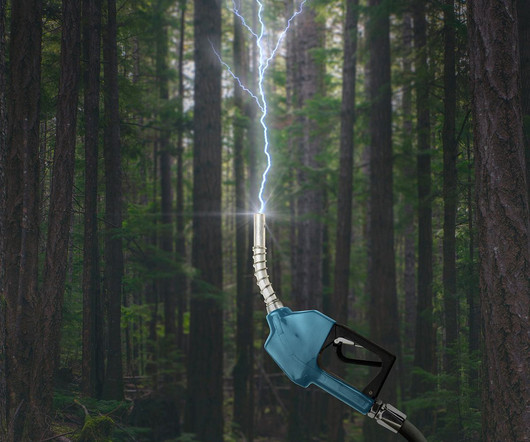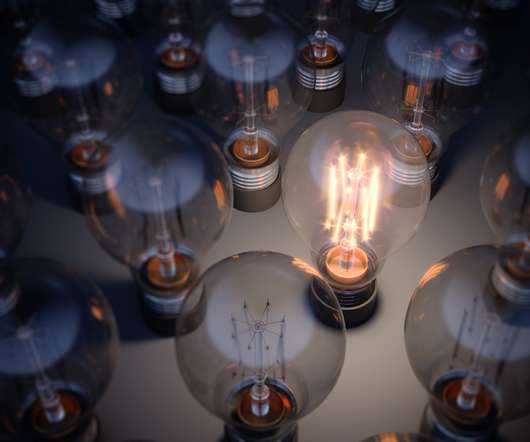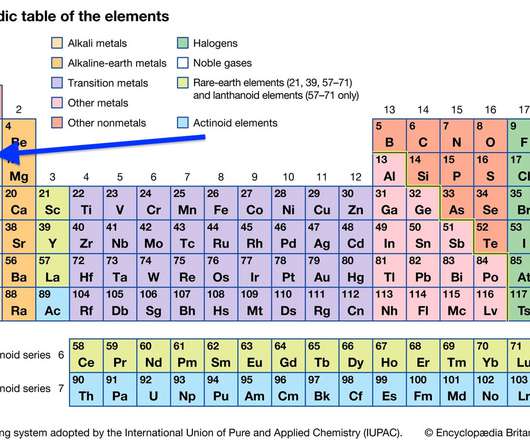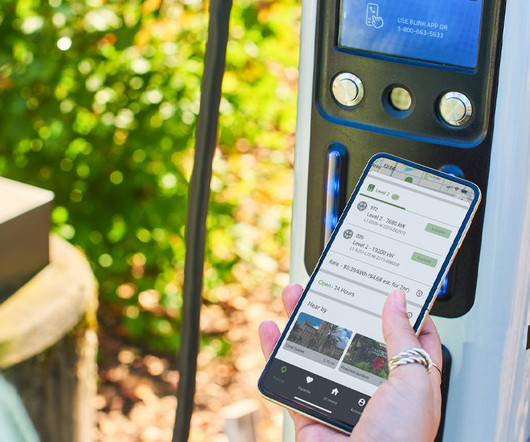Univ. of Texas researchers propose lithium- or sodium-water batteries as next generation of high-capacity battery technology; applicable for EVs and grid storage
Green Car Congress
APRIL 1, 2011
Example of a lithium-water rechargeable battery. Researchers at the University of Texas, including Dr. John Goodenough, are proposing a strategy for high-capacity next-generation alkali (lithium or sodium)-ion batteries using water-soluble redox couples as the cathode. The present sodium-sulfur battery operates above 300 °C.

























Let's personalize your content